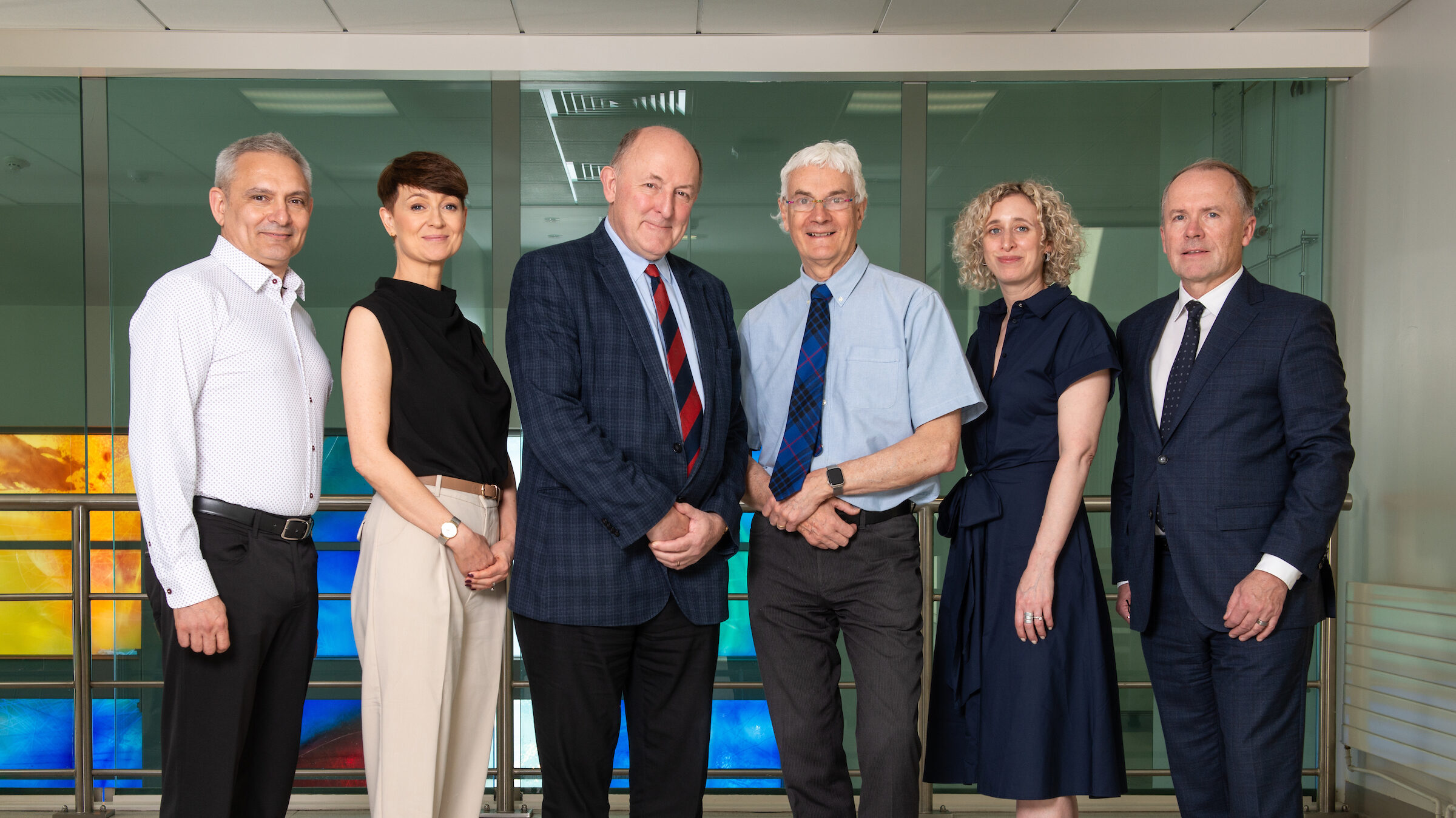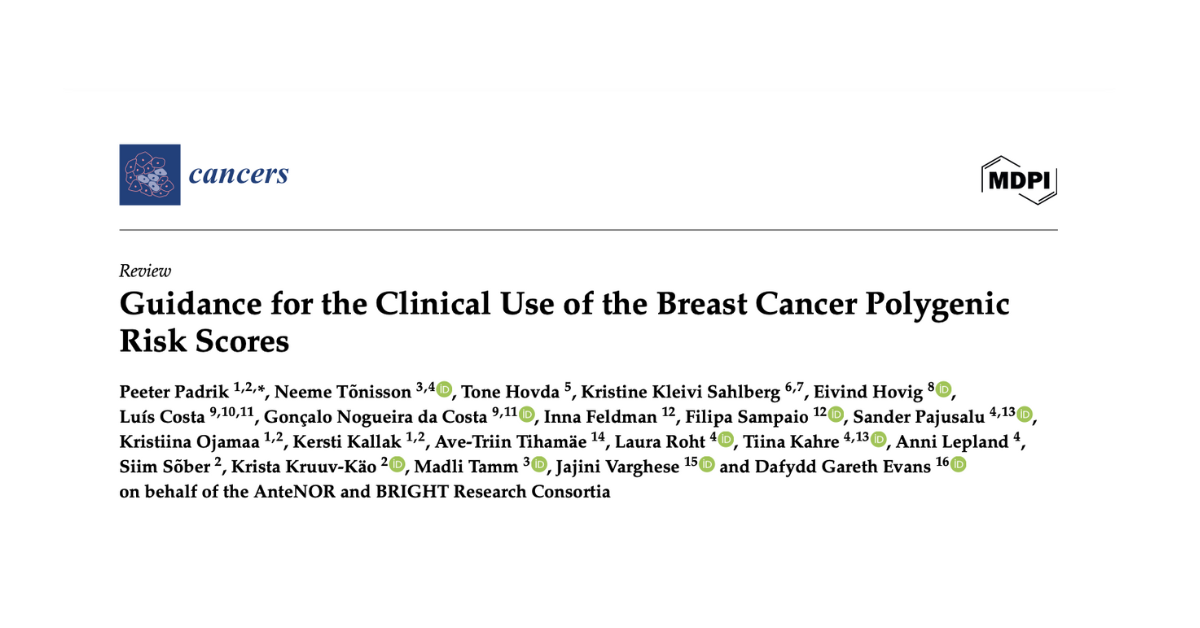Prof. Gareth Evans, MB, BS, MD, FRCP, FLSW, FRCOG, ad eundem
Consultant Geneticist
A Consultant at Manchester University Hospitals NHS Foundation Trust and The Christie NHS Foundation Trust, Professor Evans has established a national and international reputation in clinical and research aspects of cancer genetics, particularly in neurofibromatosis and breast cancer. Professor Evans is a chair of medical genetics and cancer epidemiology at the University of Manchester. He has published 940 peer reviewed research publications, 330 as first or senior author. In the last seven years he has raised over £45 million in grants for multicentre and local studies. He is Chief Investigator on two NIHR program grants on breast cancer risk prediction and also has an NIHR RfPB grant as CI (2011). He has led a successful bid for a Nationally funded NF2 service (£7.5 million pa) that started in 2010 and is involved in the national complex NF1 service. He is the cancer prevention early detection theme leader on the NIHR Manchester Biomedical Research Centre. Professor Evans is also lead clinician on the NICE Familial Breast Cancer Guideline Group and is a trustee of BCN and the Neuro Foundation.




















